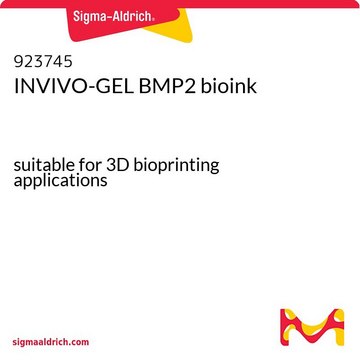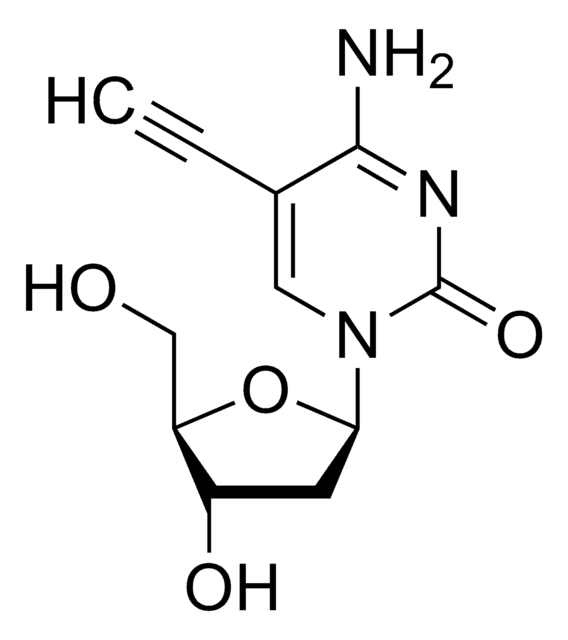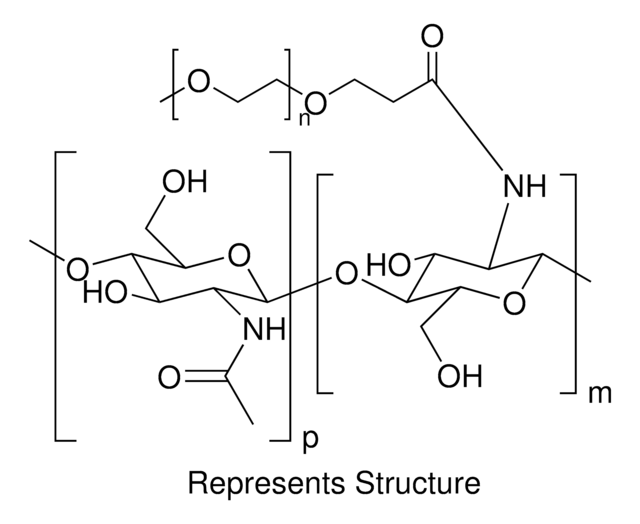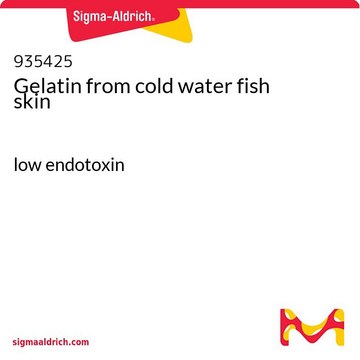Wichtige Dokumente
915211
Lifeink® 240
acidic type I collagen bioink, 35 mg/mL
Synonym(e):
3D Bioprinting, Bioink, Collagen
About This Item
Empfohlene Produkte
Qualitätsniveau
Sterilität
sterile; sterile-filtered
Form
viscous liquid
Konzentration
30-40 mg/mL (Collagen concentration)
35 mg/mL
Verunreinigungen
≤10 EU/mL Endotoxin
Farbe
colorless
pH-Wert
3.0-5.0
Lagertemp.
2-8°C
Anwendung
Rechtliche Hinweise
Signalwort
Warning
H-Sätze
P-Sätze
Gefahreneinstufungen
Met. Corr. 1
Lagerklassenschlüssel
8A - Combustible corrosive hazardous materials
WGK
WGK 1
Hier finden Sie alle aktuellen Versionen:
Analysenzertifikate (COA)
It looks like we've run into a problem, but you can still download Certificates of Analysis from our Dokumente section.
Wenn Sie Hilfe benötigen, wenden Sie sich bitte an Kundensupport
Besitzen Sie dieses Produkt bereits?
In der Dokumentenbibliothek finden Sie die Dokumentation zu den Produkten, die Sie kürzlich erworben haben.
Unser Team von Wissenschaftlern verfügt über Erfahrung in allen Forschungsbereichen einschließlich Life Science, Materialwissenschaften, chemischer Synthese, Chromatographie, Analytik und vielen mehr..
Setzen Sie sich mit dem technischen Dienst in Verbindung.









